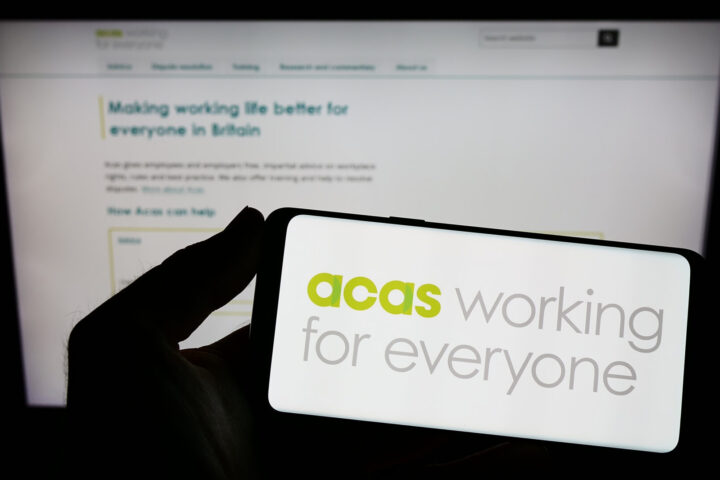Starting from 6 April 2024, employees in the UK will be entitled to a week’s unpaid leave each year to care for dependents, a move aimed at supporting workers who need to care for the elderly, disabled, or those with long-term illnesses or injuries. This new statutory right under the carer’s leave regulations allows for up to five days off, which do not need to be taken consecutively, providing flexibility for carers.
Usdaw General Secretary Paddy Lillis has welcomed the statutory recognition of carer’s leave but raised concerns over the absence of pay for this leave. Lillis highlighted the struggles that members face in balancing work with their caregiving responsibilities, especially during the current cost of living crisis where losing any income is not feasible for many. “Without pay, I am concerned it will make little practical difference to the daily struggle of carers,” Lillis stated, underscoring the need to campaign for paid carer’s leave.
Lillis pointed out that family and friends, who make up the UK’s 6.5 million carers, provide the majority of care in the country. He noted that without their efforts, public health services would face significant challenges. Carers, according to Lillis, often find themselves under immense pressure, balancing financial concerns, health issues, and their caregiving responsibilities.
Usdaw’s campaign for carers includes advocating for a statutory right to paid carer’s leave, enhancing protections against discrimination and redundancy, increasing Carer’s Allowance rates, and expanding its eligibility. “Carers deserve to have their invaluable contribution properly rewarded and recognised,” Lillis added, emphasizing the union’s commitment to improving conditions for working carers.
















